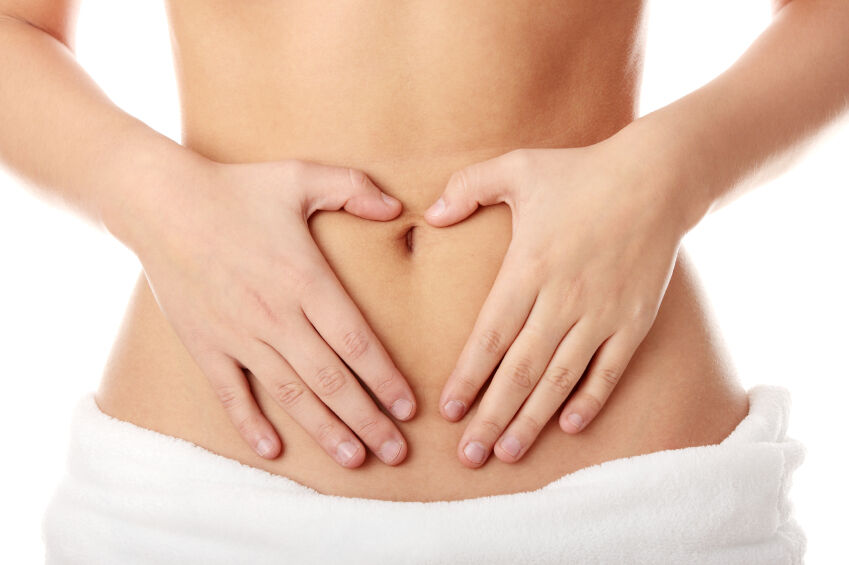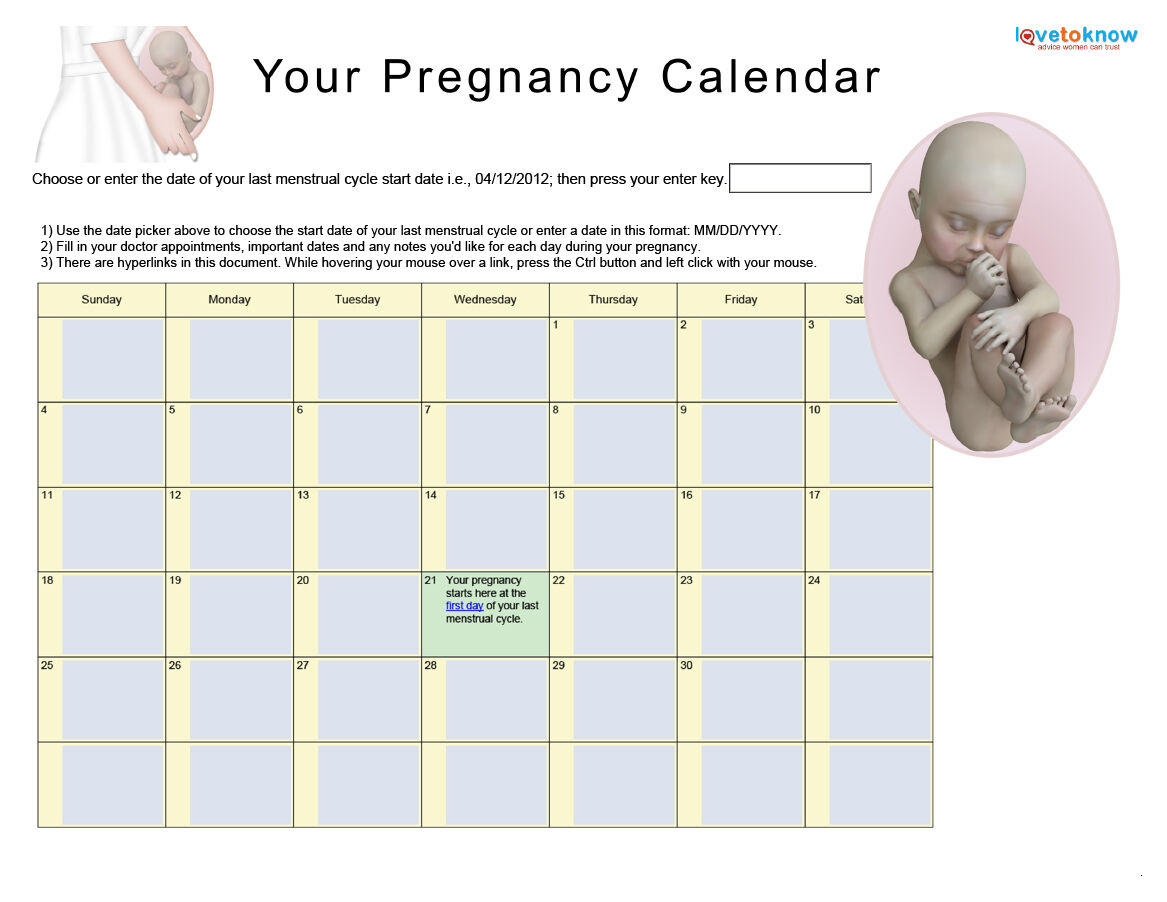
Big things are happening for your baby during the ninth week of your pregnancy. All of his or her major organs will have begun forming by the end of this week.
Your Baby's Development
At nine weeks, your little one is about 3/4 inch long or roughly the size of a grape. He is starting to look like a very small human now. According to the National Institute of Health, this is a big week for your baby, as he reaches the following milestones in prenatal development:
- He has lost that tail. It started dissolving last week, and by the end of this week, it will be gone.
- Your baby is beginning to develop bones and cartilage.
- He is developing elbows.
- You baby is forming eyelids, and he has a nose.
- His or her hair follicles and nipples have started forming.
- If your doctor or midwife uses a Doppler device, you'll be able to hear your baby's heart beating.
- All of your little one's essential organs have started to form.
Your Changing Body
By the ninth week of your pregnancy, you've missed your second period. Even though you won't have the cramps that come with menstruation, you may be experiencing some other kinds of tummy aches.
Morning Sickness Peaks
According to KidsHealth.org, for most women, morning sickness symptoms peak during the ninth week of pregnancy. While it's a major inconvenience for you, morning sickness will not harm your baby. However, you should be gaining weight regularly at this point in your pregnancy. If you're losing weight as the result of severe morning sickness, speak with your healthcare provider.
Other Digestive Complaints
Nausea isn't the only digestive problem you could be encountering during this stage of your pregnancy. You may also be experiencing bloating, constipation, and flatulence. All those added hormones can make your digestive tract slow, allowing your body to get the maximum amount of nutrition out of every meal. However, slower digestion can mean discomfort for you.
The Mayo Clinic recommends the following to help:
- Drink more fluids, including water and milk and a minimal amount of fruit juice.
- Eat more fiber, including whole grains and whole grain products, as well as fruits and vegetables.
- Get or stay active. Exercise, with the permission of your doctor of course, can help get things moving again.
- Talk to your doctor about stool softeners.
When to Call Your Doctor
You have probably already seen your doctor or midwife by this point in the pregnancy, but if you haven't already started prenatal care, this is the time to do so. If you have concerns at any point in your pregnancy, especially if you notice severe bleeding and cramping, you should call your health care professional.
More to Know About Week Nine of Your Pregnancy


Many first-time mothers don't realize that pregnancy can have a negative effect on their oral health. According to WebMD, pregnancy gingivitis is an unpleasant condition that affects between 50 and 75 percent of all expectant mothers. Symptoms include inflammation and swelling of the gum tissue, as well as bleeding gums.
Pregnancy gingivitis is thought to be caused by an increased concentration of estrogen and progesterone. However, poor oral hygiene can aggravate the condition. Regular flossing and brushing your teeth with fluoride toothpaste can help reduce the risk of dental problems during your pregnancy.
Treating gum infections during pregnancy is extremely important. Research has suggested gum infections can contribute to an increased possibility of premature and/or underweight births. Most dental treatments can be performed safely during your pregnancy, although you should always let your dentist know you are an expectant mother.
If you need help downloading the pregnancy calendar, check out these helpful tips.
Looking Forward
You're still in the first trimester, but already, your baby has begun forming all of his or her major organ systems. By the end of next week, your little embryo will graduate to the status of fetus!
See « Pregnancy Week 8 See Pregnancy Week 10 »